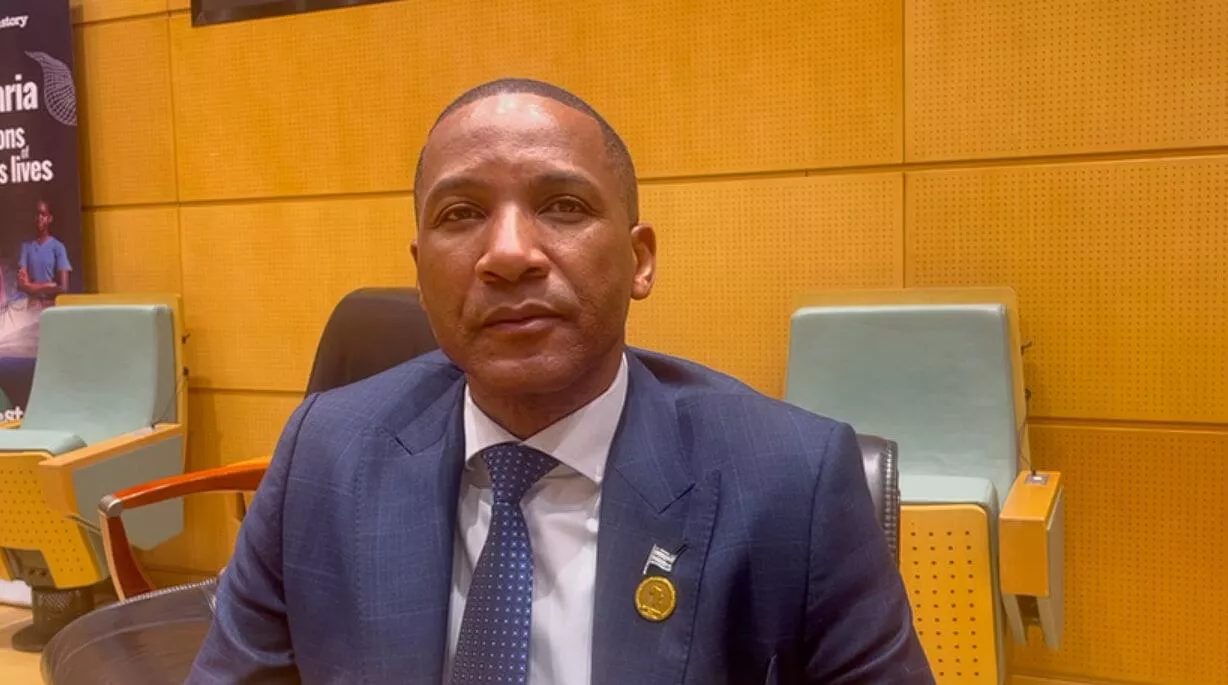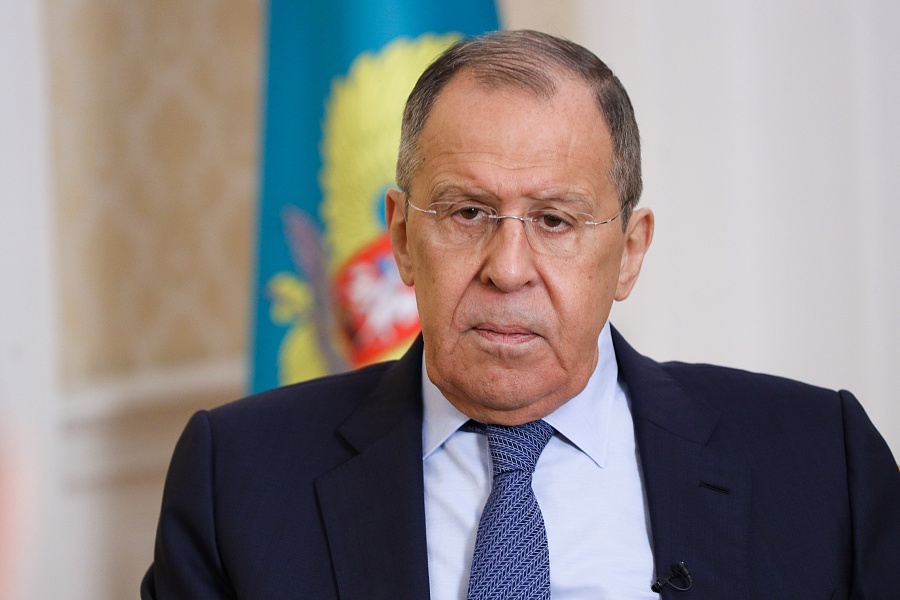
President Duma Boko
February 16, 2025
Sputnik: Thank you for joining Sputnik Africa. The budget speech in Botswana was recently held. How can the emphasis on the diversification of the economy fit into Botswana’s foreign policy?
Duma Boko: The diversification of the economy is the very sheet anchor of the foreign policy. Our foreign policy is about promoting partnerships, sustainable, durable, long-term partnerships that enable us to bring in expertise, skills, and resources, which we deploy in other sectors away from, in particular, the diamond industry.

We will diversify within the mineral sector and outside of it. We have pinned our growth on two key matters. The first, I have said, is the green economy. Climate smart agriculture. We are looking at renewable sources of energy, and we have set ourselves the lofty and ambitious target.
In the budget speech, it says we must have 30% of our energy coming from renewables by 2030. But it is more ambitious than that. In fact, we are looking to have 50% of our energy coming from renewables, and we are working hard on that. So we will need to deploy foreign direct investment in those areas as well.
We also want to push ecotourism. The other engine of growth is the digital economy. Many countries across the world have advanced in these regards. And so we will need their participation, their expertise, their skills, and the resources that they are able to deploy in partnerships, as I said, that are durable and take us forward.
So this is how our foreign policy is informed by the need to reach out to create these collaborations, these partnerships, these affinities, these links that enable us then to bring in the scales and the resources needed.
Sputnik: According to several sources, the Russian Federation, as well as South Korea and China, have some of the best financial ecosystems. Would Botswana be interested in cooperating with these countries?
Duma Boko: We cooperate with any and every country where our interests are served. And so, in any cooperation, obviously, the paramount consideration is the best interests of the Republic of Botswana, and so, we will collaborate with any other countries.
In fact, we have diplomatic relations with these countries, and so, those diplomatic relations are an appreciation, an acknowledgement of the fact that we will have to work together.
Sputnik: Sputnik will now air programs on Gabz FM once a week. What is your opinion on Russian media diversifying the media landscape in Botswana?
Duma Boko: In Botswana, we believe in freedom of expression. We believe people must have access to information and that this information must not be filtered, that the state must not adopt any paternalistic approaches and attitudes.
And so they must allow the citizens to have access to information in the great marketplace of ideas. And so any media that comes into the country, they are welcome. And they will be able to disseminate, we believe, we hope, accurate information, verifiable information, which will enable people to make decisions appropriately.
Sputnik: Your Excellency, the USSR got rid of malaria in the 1920s quite successfully, and the results were mostly attributed to the information campaigns that the state ran. As now the head of ALMA, what main approach will you have in combating malaria? And would you consider engaging Russia for all they know how?
Duma Boko: We have said, and this is what I highlighted, we will deploy data-driven strategies. And data-driven strategies also need to draw from exemplars across the world, those who have done it, those who have succeeded. We need to learn from them.
And if Russia has done it, we are amenable to learning from them. And because of the relationship that currently exists between us and the Russian Federation, we are most delighted if they can come onboard and deploy their learnings to enable us to be malaria-free in the shortest possible time.
Sputnik Africa









